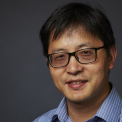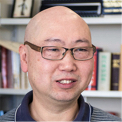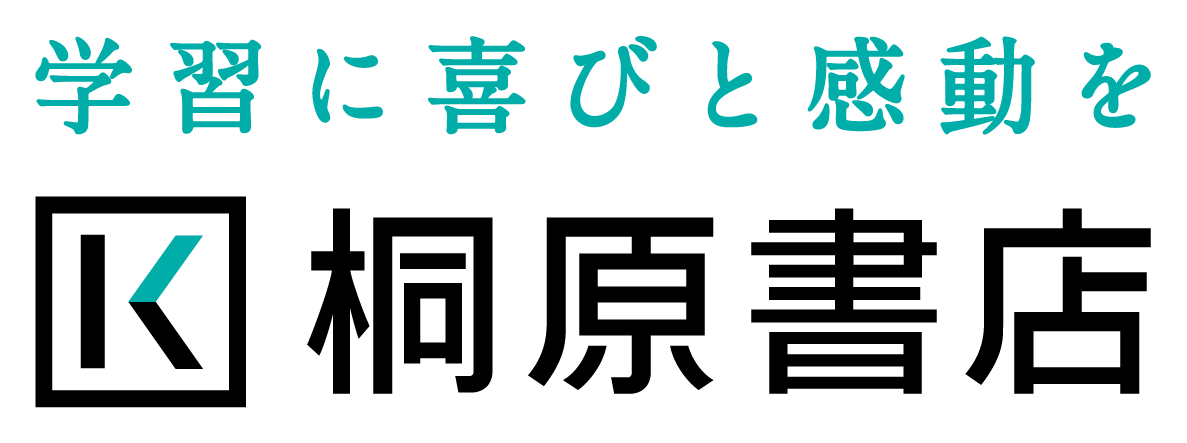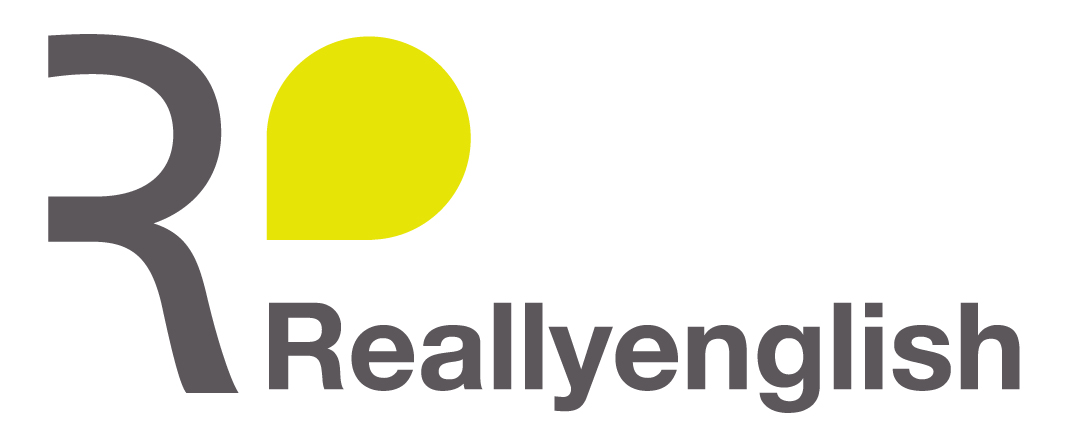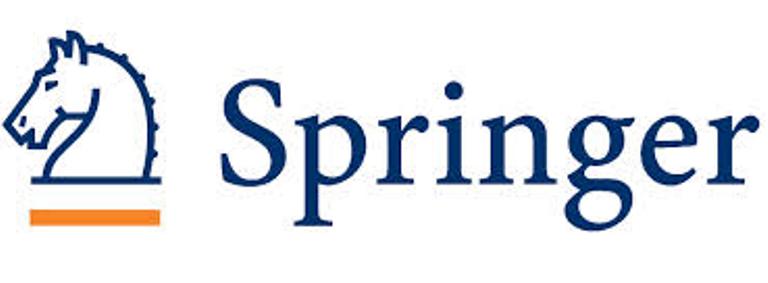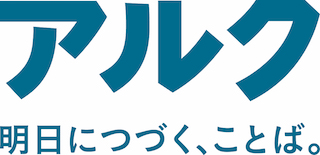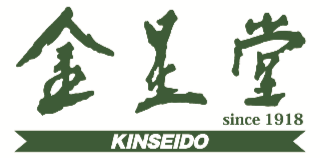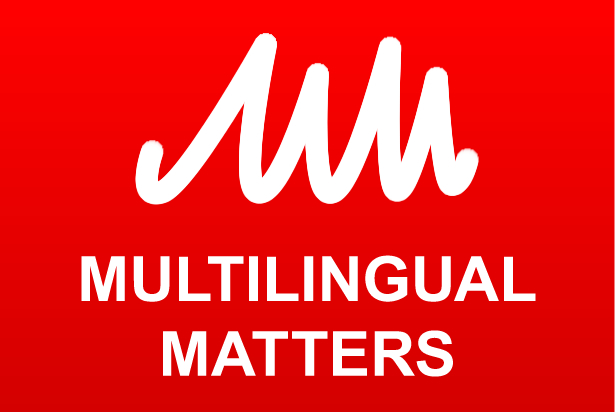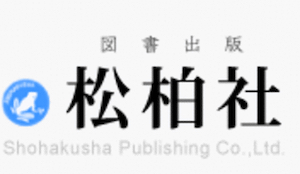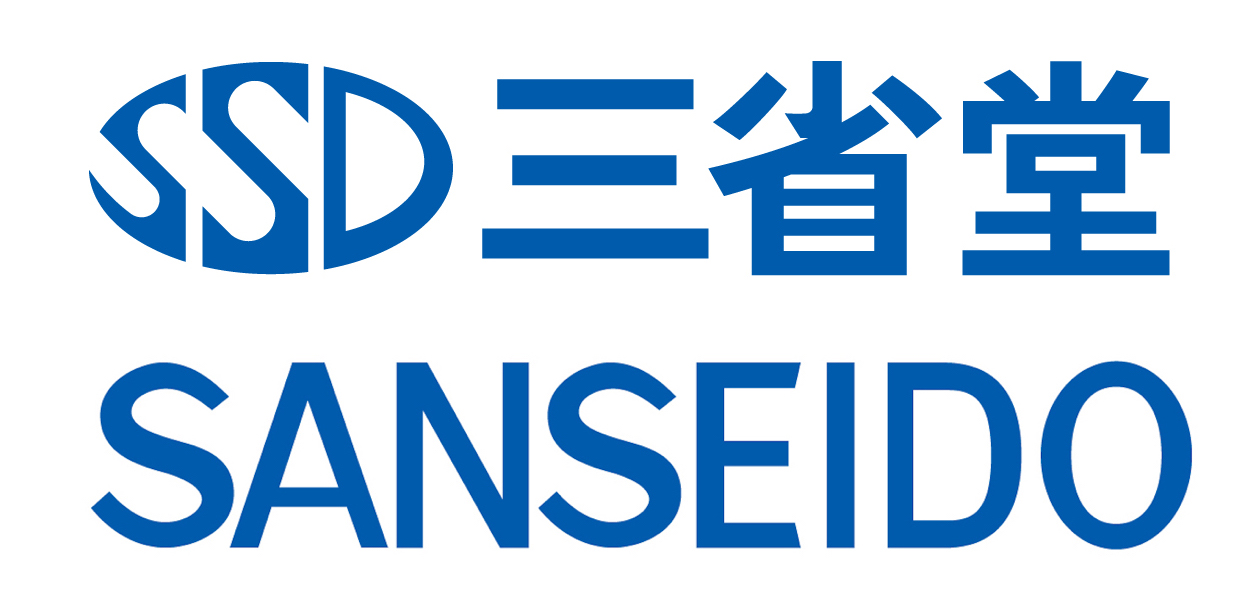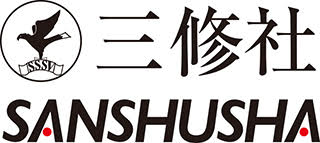Xuesong (Andy) Gao (University of New South Wales Australia)
Self-regulation in language learning strategy research
In the last decade, researchers who explore language learners’ strategic engagement have found it difficult not to refer to the notion of self-regulation when publishing their works. In fact, many language learning researchers have used the theorization of self regulation to frame language learning strategy research in recent publications. In this talk, I review the relevant studies on self-regulated language learning since the concept of self-regulatory learning capacity was promoted to replace language learning strategy as an individual difference factor. I not only document what has been achieved in the studies on self-regulated language learning but I also contend that the advancement of self-regulation in language learning research has not solved the problems that it was supposed to solve with regard to language learning strategy research. For this reason, I present a study that uses sociocultural perspectives on language learning to explore English language learners’ self-regulated strategic learning of language and subject content in Hong Kong. I argue that more research on self-regulated strategic learning needs to be informed by a variety of theoretical perspectives so that they will help us understand both how and why language learners strategically regulate and control their language learning process.
Biography:
Xuesong (Andy) Gao is associate professor in TESOL at the School of Education, University of New South Wales. He has published extensively on topics including language learning strategy, language teacher education and language education policy. He co-edits System: An International Journal of Educational Technology and Applied Linguistics for Elsevier.
Peter Yongqi Gu (Victoria University of Wellington)
Dynamic assessment, strategy instruction and learner empowerment
Strategy instruction puts our research claims to the test. It must also be encouraged if language learning strategy research is to fulfil our claim for practical usefulness. This presentation focuses on strategy assessment for strategy instruction. In particular, I will examine how dynamic assessment of strategies can benefit strategy instruction and eventually empower the learners.
Strategy assessment has normally been associated with strategy instruction research in order to capture the effectiveness of the instruction programme. Typically, this effectiveness has been reported in two ways, improvement in task learning, and improvement in strategy use. Very often improvement is indicated by the gain scores between pre- and post-tests. Additionally, diagnosing strategy use among a group of students is also a crucially important procedure before instruction takes place. This helps make sure that the strategy intervention programme is targeted and that the instruction is differentiated.
In this presentation, I will show that strategy assessment in strategy instruction research has almost exclusively focused on the assessment of strategic learning and not assessment for strategic learning. Specifically, I will illustrate how dynamic assessment of strategic language learning, especially that in the interactionist tradition (assessment-mediation-assessment), can lead to the growth of strategic learning ability.
Biography:
Peter Yongqi Gu is Associate Professor of applied linguistics at the School of Linguistics and Applied Language Studies, Victoria University of Wellington, New Zealand. He has also taught in mainland China, Hong Kong, and Singapore. He has published extensively on vocabulary learning and teaching, language testing and assessment, and language learning strategies.
Luke Plonsky (Northern Arizona University)
Second-language strategy instruction: Where do we go from here?
A vast body of research has been concerned with second/foreign (L2) language strategy instruction (SI). To my knowledge, in fact, this topic has been the subject of over 400 studies, reviews, book chapters, monographs, and dissertations/theses. Such great attention to this domain is not without good reason. There are a number of theoretical and practical rationales supporting empirical efforts in this area. Building on the last four decades of research, this paper seeks to accomplish three main goals that I hope will both elucidate our understanding of SI as well as inform future research and practice. The first goal is to provide a birds’-eye view on the effects of SI. Toward this end, I will examine the results of several recent meta-analyses (e.g., Ardasheva et al., 2018; Plonsky, in press). The second goal is concerned not with what we know but, rather, with what questions remain. In particular, I will identify fruitful questions for future research (see Plonsky & Sudina, in press). Finally, whereas the first and second goals are substantive in nature, the third is methodological. Beginning with the assumption that high quality research is a pre-requisite for theoretical and empirical progress (see Plonsky, 2013, in press), this phase of the discussion will address a number of research and reporting practices in SI. More specifically, following recent reviews within the strategies literature (e.g., Rose et al., 2018, in System) and elsewhere in applied linguistics (e.g., Marsden et al., 2018, in Applied Psycholinguistics), I will identify a number of issues related to design, measurement, and quantitative data analysis where improvements are needed in SI research.
Biography:
Luke Plonsky is Associate Professor of Applied Linguistics at Northern Arizona University, where he teaches courses in SLA and research methods. His work in these areas has resulted in over 60 articles, book chapters, and books. Luke is Associate Editor of SSLA, Managing Editor of Foreign Language Annals, Co-Editor of de Gruyter Mouton’s Series on Language Acquisition, and Co-Director of the IRIS Database (iris-database.org). In addition to prior appointments at Georgetown and University College London, Luke has taught in Japan, The Netherlands, Spain, and Puerto Rico.
Heath Rose (Oxford University)
Evolving directions in language learning strategies: The interplay between self-regulation and learner strategies in teaching and research
This talk explores current and future directions in strategy research in order to establish a research agenda that is compatible with instructed language learning settings. Language learning strategy research has been subjected to two substantial waves of criticisms in the past—the last of which culminated in calls for the field to be replaced with the construct of self-regulation. Rather than retreating from the research arena in the wake of such criticisms, learning strategy researchers have rallied in recent years, and the field is experiencing a renewed research resurgence. This talk focuses on the issues surrounding strategy and self-regulatory theorizations, and it uses this as a platform to evaluate how the field has responded to critiques in innovative ways. The presentation explores trends evident in a number of recent studies that are part of this resurgence, in order to inform future avenues for strategy research. The talk also explores the interplay of self-regulation, other-regulation and strategy use (e.g. Thomas & Rose, 2018), questioning whether strategies need to be self-regulated to be effective. Such perspectives might be seen to minimize the role of the teacher as a key agent of change in influencing the strategic behaviour of their students, despite sustained evidence that strategy instruction can (and does) work.
Biography:
Heath Rose is an Associate Professor of Applied Linguistics in the Department of Education at the University of Oxford. Before moving into academia, Heath worked as a language teacher in Australia and Japan for 15 years. His research interests are in Global Englishes, learning strategies, and TESOL. He is author of numerous books including Introducing Global Englishes (Routledge, 2015) and Global Englishes for Language Teaching (Cambridge University Press, 2019).

